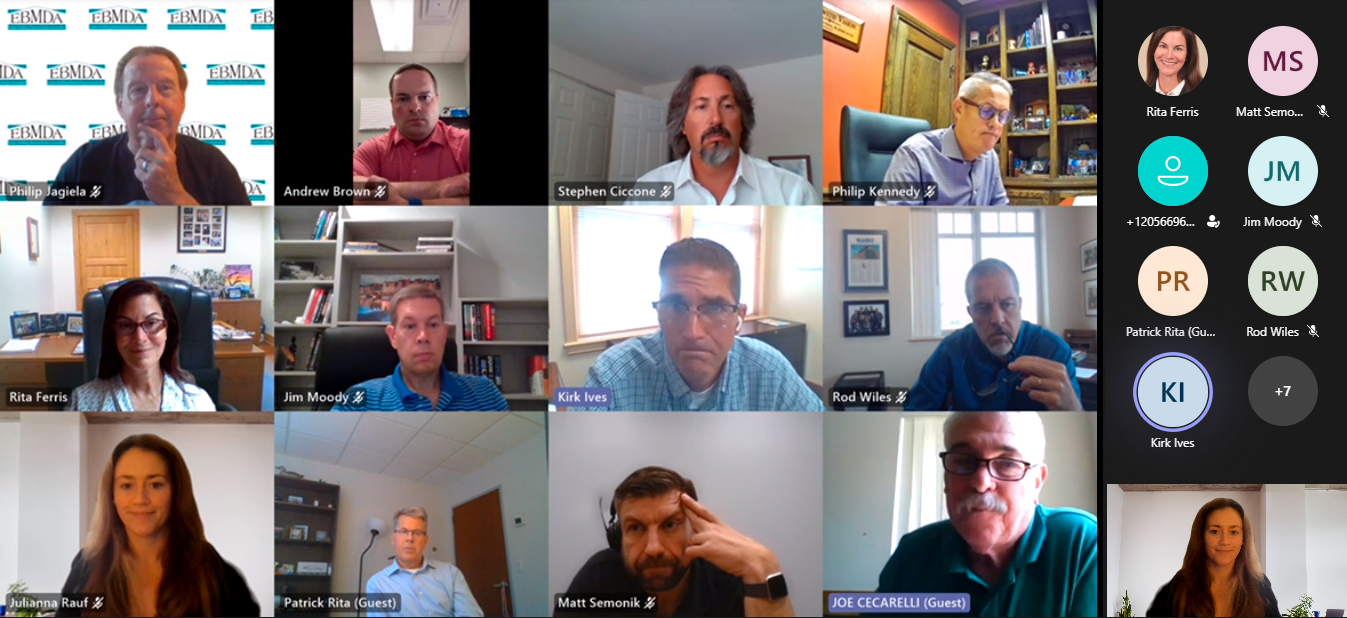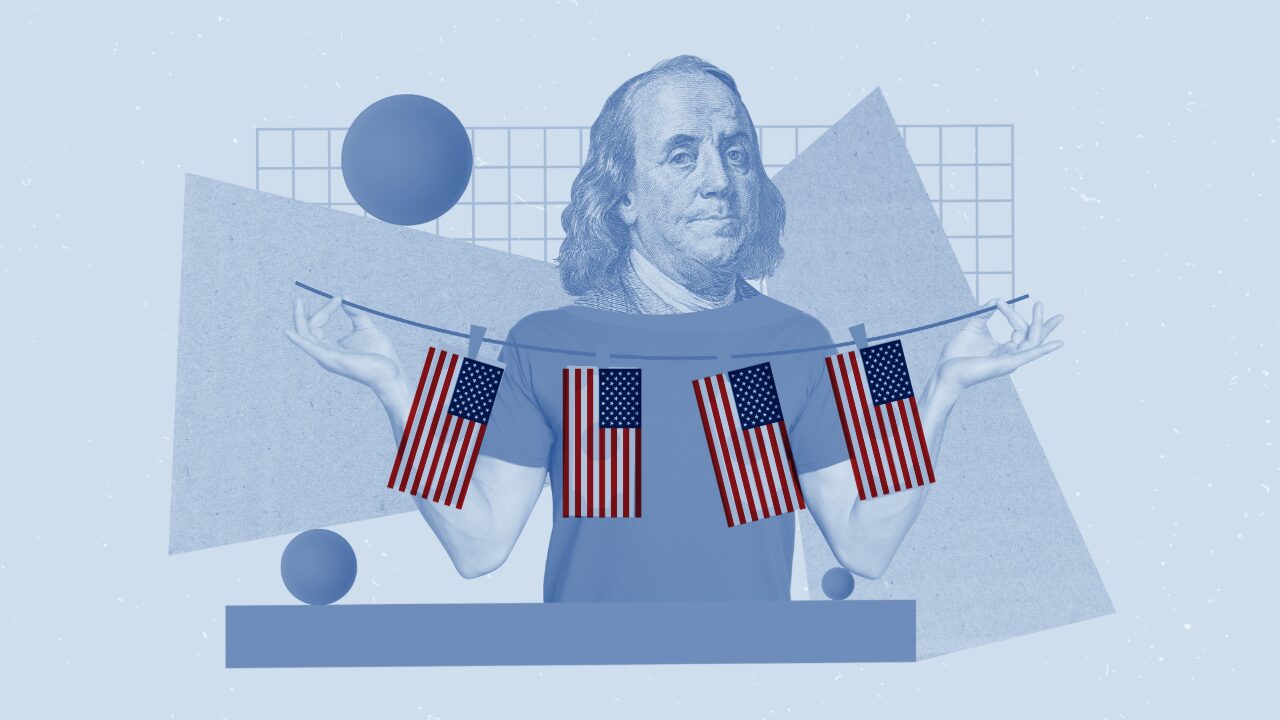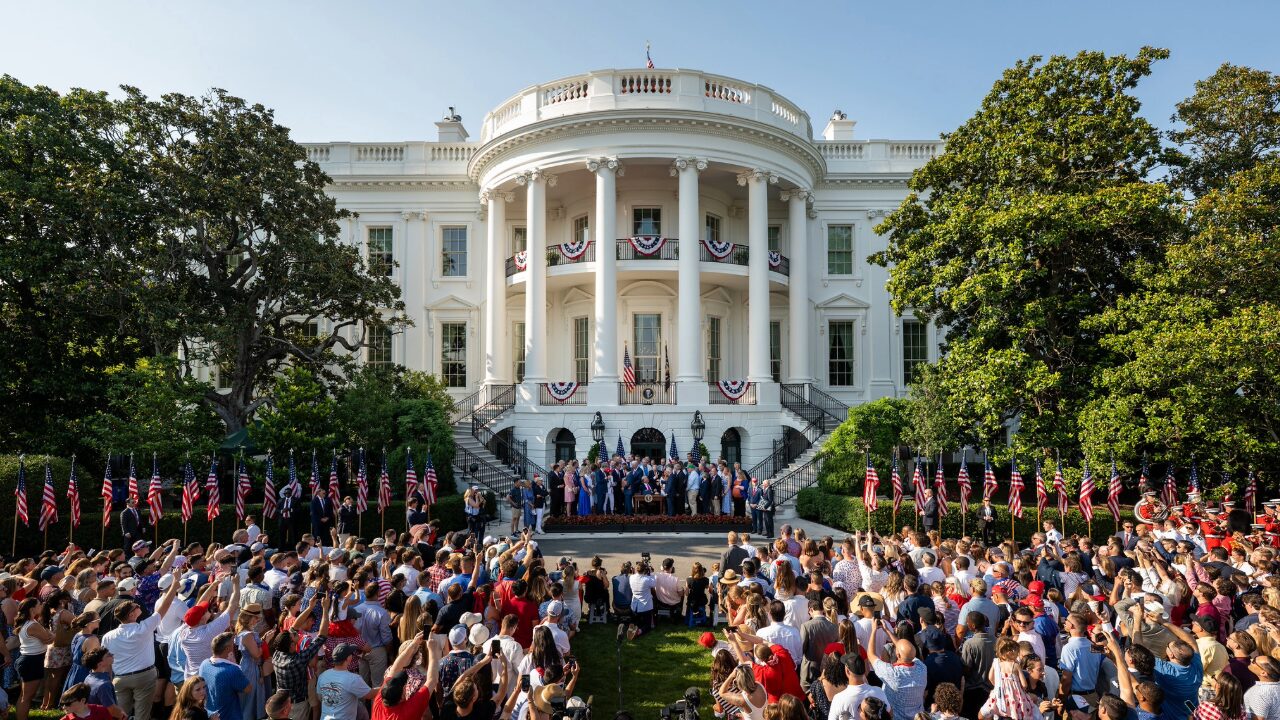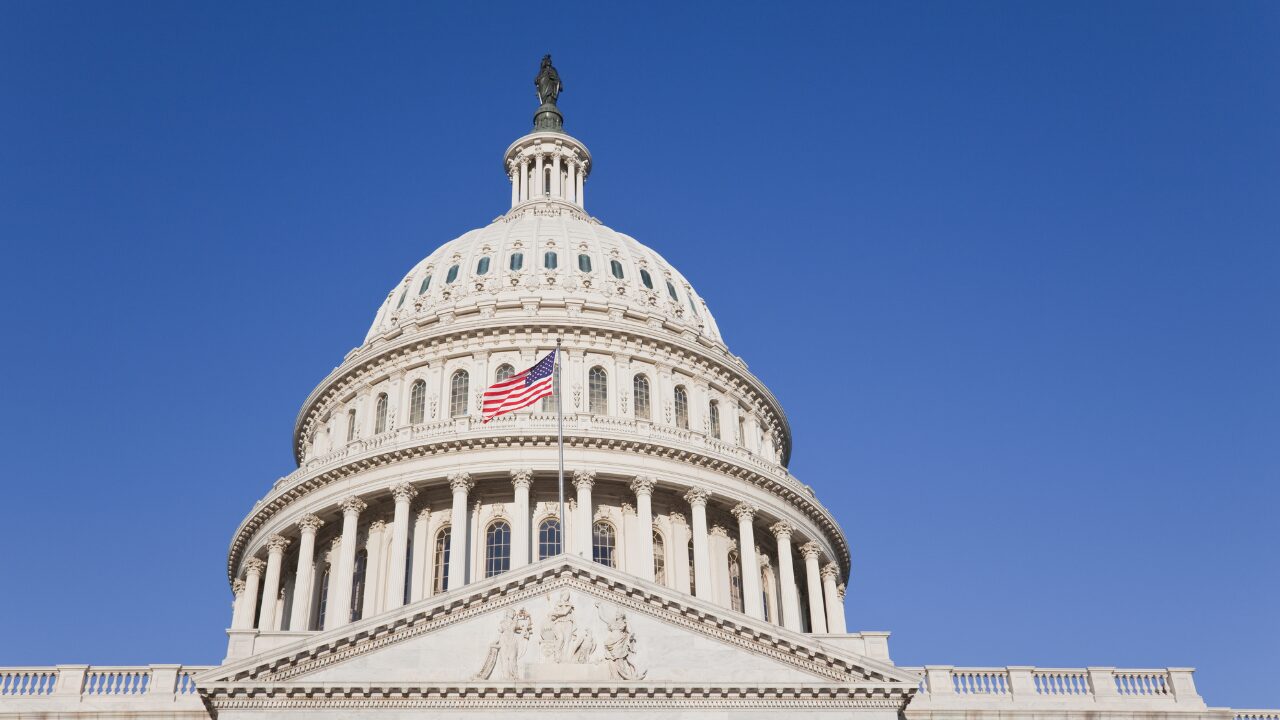On August 26, 2021, the ABMA Federal Legislative Committee held its inaugural meeting to approve the Committee Charter, establish preliminary priority issues, and receive a Capitol Hill update from our Government Affairs Associate Pat Rita.
The eight-member committee includes:
Joe Cecarelli, HOOD Distribution (CT), Chair
Ida Ross Hicks, Swift Supply (AL), Vice-Chair
Sara Belletete, Belletetes Inc. (NH)
Andrew Brown, Brown Lumber Co. (AL)
Phil Kennedy, Comanche Home Center (OK)
Bob Magbee, Magbee Contractors Supply (GA)
Matt Semonik, Arnold Lumber (RI)
Rod Wiles, Hammond Lumber (ME)
The Committee identified six initial areas of concern:
Infrastructure
The Senate passed a comprehensive infrastructure package titled the Infrastructure Investment and Jobs Act. The bipartisan measure includes over a half trillion dollars in spending on roads, ports, bridges, and rail, among other priorities. Included within the 2,700-page bill are a few items of interest to ABMA.
Provisions promoting workforce development in the transportation sector. Specifically, language authorizes grants to educational institutions or state departments of transportation, in partnership with industry, to develop, test, and review new curricula and education programs to train individuals at all levels of the transportation workforce.
Authorization for a pilot program allowing young drivers (between 18-21 years old) to operate trucks interstate after completing rigorous operational and safety training. Currently, younger drivers may drive all day every day within a state’s borders but may not cross state lines.
Language establishing a vehicle mile travelled (VMT) fee pilot program. Specifically, the legislation authorizes $125 million for grants that would enable creation of pilot VMT programs to collect data on whether a VMT is a viable option for replacing the gas tax to fund highway programs. The VMT would apply to both private and commercial vehicles.
Final passage of the infrastructure bill is entwined with President Biden’s “social infrastructure” plan that would increase funding for pre-K to two years, free community college, expanded Medicare for dental and vision services, help for childcare, and help for seniors. This plan could be funded through corporate and/or wealth tax increases.
Protecting the Right to Organize (PRO) Act
The PRO Act (HR 842) would dramatically change labor law in the US. First, the PRO Act would overturn all right to work laws. Right now, in 27 states unions cannot force employees to join a union and pay dues. Under the PRO Act, employees could be required to join their workplace’s union, even if they personally do not support it.
The bill would classify many freelancers and gig-workers as employees rather than independent contractors. This would make these types of employees more expensive to hire and force them to pay union dues they may not want to pay.
The PRO Act would allow unions to bypass secret ballot elections in favor of a “card-check” system in many situations. Under card-check, workers are “asked” to sign a card authorizing the union to represent them. However, this system often allows for unions to coerce and intimidate workers into signing their cards.
The act would require employers to share workers’ contact information with union organizers without the approval of the employees themselves. This includes information such as their phone numbers and even addresses.
The bill has passed the House and is under consideration by the Senate.
Softwood Lumber Agreement
Calls continue for the Biden Administration to play a critical role in mitigating the lack of stability in the lumber market. Legislators, such as Maine Senator Susan Collins, have publicly asked the Administration to work with Canada on a new Softwood Lumber Agreement (SLA).
The most recent SLA between the U.S. and Canada expired in 2015. That agreement placed a negotiated export tax and quota limits on Canadian softwood lumber imported into the U.S. In return, the U.S. agreed to not commence any trade disputes or impose any duties or tariffs.
Since the agreement’s expiration in 2015, the U.S. and Canada have been involved in a contentious trade dispute that has resulted in the U.S. placing both countervailing duties and antidumping duties on Canadian softwood lumber imports.
A new negotiated SLA would end the dispute and bring stability and predictability to the pricing and availability of softwood lumber.
Minimum Wage
The Raise the Wage Act of 2021 (HR 603/S 53) would gradually raise the federal minimum wage in annual increments from $7.25 to $15 by 2025. In 2026 and beyond, the federal minimum wage would be indexed to median wage growth.
A recent analysis conducted by the Congressional Budget Office (CBO) showed that the Raise the Wage Act would cost 1.4 million American jobs over the next four years. In addition, the analysis found that overall economic growth would be reduced, and the price of goods would increase following the enactment of this law.
In many cases, the LBM industry pays above the current minimum wage to attract more qualified and hardworking employees. A wage increase forces small businesses to increase their prices and/or reduce employee benefits. The cost of construction is already on the rise, further increasing the cost of building materials to offset rising labor costs would be even more detrimental to the industry and to affordable housing across the country. The proposed increase will provide little, actual gain for workers. It will lead to less purchasing power, as the increased costs of goods and reduction in benefits would offset any wage gains.
Estate Tax
Many proposed changes to the tax laws have been introduced in Congress. Senator Bernie Sanders has introduced the For the 99.5% Act (S 994) that could significantly reduce the estate tax exemption. President Biden has also proposed several major changes in the tax laws. These changes could affect the income and estate tax planning strategies for many Americans.
The current federal estate tax exemption is $11.7 million per person. The For the 99.5% Act proposes to reduce the estate tax exemption to $3.5 million per person.
On the flip-slide, legislation has also been introduced to permanently repeal the Estate Tax. For example, both S 617 and HR 822 would accomplish this goal.
Immigration Issues
For the LBM industry, immigration issues play a major role in labor shortages that many businesses currently struggle with daily.
As Congress reviews legislation, it is critical they include within their discussions temporary guest worker programs that will help fill positions suffering from worker shortages, avoid enacting new policies that place unfair financial burdens and regulation on businesses to enforce, and support commonsense reforms that promote economic growth and create jobs.
The ABMA will update Congress and the White House on our priorities and educate and inform them on how these issues and others will impact the LBM industry.




